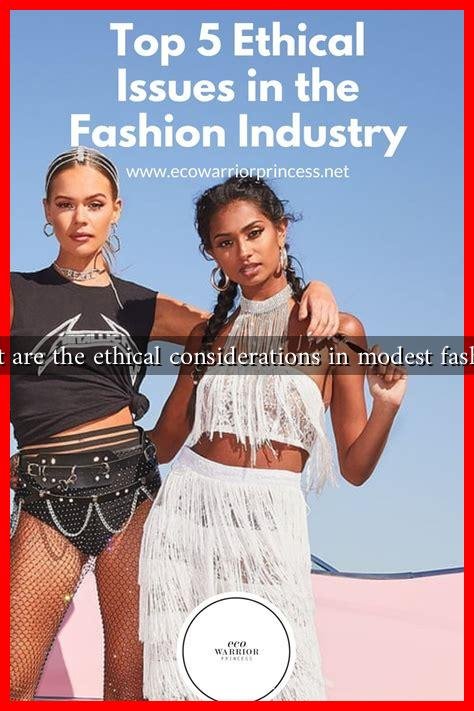-
Table of Contents
What are the Ethical Considerations in Modest Fashion?
Modest fashion has emerged as a significant trend in the global fashion industry, catering to individuals who prefer to dress in a way that aligns with their personal, cultural, or religious values. While the movement promotes inclusivity and diversity, it also raises several ethical considerations that deserve attention. This article explores the multifaceted ethical landscape of modest fashion, examining issues such as sustainability, cultural appropriation, and representation.
The Rise of Modest Fashion
Modest fashion is not merely a niche market; it has grown into a global phenomenon. According to a report by the Global Islamic Economy Report, the modest fashion market is projected to reach $361 billion by 2023. This growth reflects a broader societal shift towards inclusivity and the recognition of diverse identities. However, as the industry expands, it is crucial to address the ethical implications that accompany this growth.
Sustainability in Modest Fashion
One of the primary ethical considerations in any fashion sector is sustainability. The fashion industry is notorious for its environmental impact, contributing to pollution, waste, and resource depletion. Modest fashion is not exempt from these issues, and brands must prioritize sustainable practices to mitigate their ecological footprint.
- Material Sourcing: Brands should opt for eco-friendly materials such as organic cotton, Tencel, or recycled fabrics to reduce environmental harm.
- Production Practices: Ethical labor practices are essential. Brands must ensure fair wages and safe working conditions for their workers, particularly in developing countries.
- Longevity and Timelessness: Modest fashion often emphasizes timeless styles, which can encourage consumers to invest in quality pieces rather than fast fashion trends.
For instance, brands like Modanisa and Hijab House are increasingly focusing on sustainable practices, showcasing that modest fashion can align with eco-conscious values.
Cultural Appropriation vs. Cultural Appreciation
Another significant ethical concern in modest fashion is the fine line between cultural appropriation and cultural appreciation. As modest fashion gains popularity, there is a risk that brands may exploit cultural symbols and attire without understanding their significance.
- Understanding Cultural Context: Brands must engage with the communities they draw inspiration from, ensuring that they respect and honor the cultural significance of the garments.
- Collaborative Efforts: Collaborating with designers from the cultures being represented can foster authenticity and respect.
- Transparency: Brands should be transparent about their design processes and the cultural influences behind their collections.
For example, the backlash against certain brands that have appropriated traditional garments without acknowledgment highlights the importance of sensitivity and respect in the fashion industry.
Representation and Inclusivity
Modest fashion aims to provide options for individuals who may feel marginalized by mainstream fashion. However, representation within the industry remains a critical issue. Ethical considerations include:
- Diversity in Marketing: Brands should feature models of various ethnicities, body types, and ages to reflect the diversity of their consumer base.
- Accessibility: Modest fashion should be accessible to all, regardless of socioeconomic status. Brands can consider offering a range of price points.
- Community Engagement: Engaging with the communities they serve can help brands understand their needs and preferences better.
Brands like Nisnass have made strides in promoting inclusivity by showcasing diverse models and offering a wide range of sizes.
Conclusion
The ethical considerations in modest fashion are complex and multifaceted. As the industry continues to grow, it is essential for brands to prioritize sustainability, respect cultural significance, and promote inclusivity. By addressing these ethical concerns, the modest fashion movement can not only thrive but also contribute positively to the broader fashion landscape. Ultimately, the goal should be to create a fashion industry that respects individual identities while promoting ethical practices that benefit both people and the planet.

